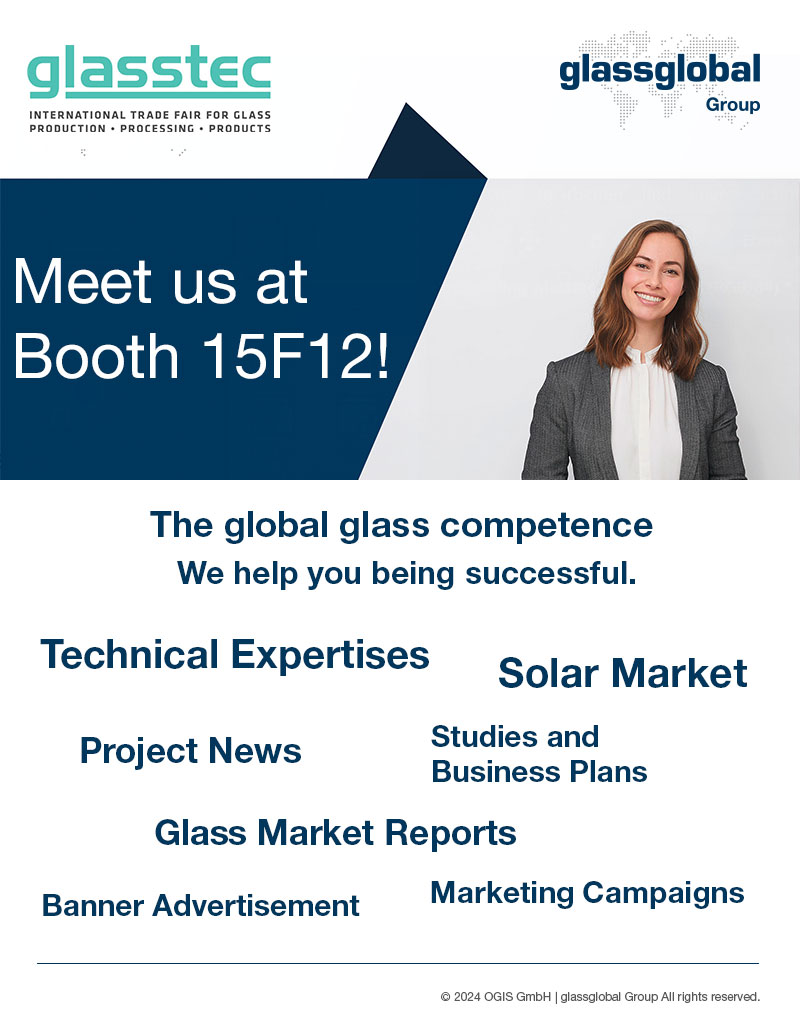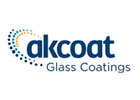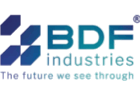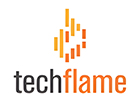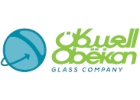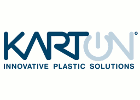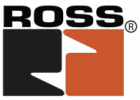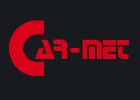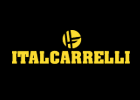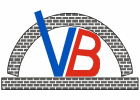Board of Directors invites to Extraordinary Shareholders’ Meeting on October 28, 2022
The recent supply agreement with DESRI reflects opportunity for accelerated growth of Meyer Burge
The Board of Directors is seeking to generate gross proceeds of up to CHF 250 million. The funds from the planned capital increase are expected to enable Meyer Burger to expand annual manufacturing capacity for solar cells and solar modules to approximately 3 GW
Meyer Burger is planning to launch an offering of subscription rights and newly issued shares of the company. The Offering is expected to comprise a rights offering pursuant to which holders of existing shares in Meyer Burger will receive rights to subscribe for the new shares
Meyer Burger Technology AG is planning an ordinary capital increase through a rights offering, targeting gross proceeds of up to CHF 250 million. Solar markets globally and in particular in Europe and the USA are showing continued strong growth, being additionally fueled by the recent energy crisis. Meyer Burger has successfully ramped its first solar cell and module production capacities, has successfully positioned its high-performance products in the European and U.S. markets and has recently signed a long-term supply agreement with the U.S. renewable-energy developer D. E. Shaw Renewable Investments (DESRI). Under the agreement, Meyer Burger expects to deliver between 3.75 and 5 gigawatts (GW) of solar modules into utility-scale solar projects over an approximately five-year time span, which starts in 2024. Against this background, Meyer Burger now intends to seize the opportunity for an accelerated expansion with the goal to expand its production capacity to approximately 3 GW per year.
The Board of Directors therefore proposes an ordinary capital increase to its shareholders to be resolved upon on an Extraordinary Shareholders’ Meeting convened for October 28, 2022, in Thun, Switzerland.
The imperative to decarbonize the global energy supply has recently been augmented by a global energy crisis, most acutely in Europe. Solar and wind energy are expected to form the backbone of the global transformation toward renewable energy sources, providing electrical power generated at the lowest levelized cost of electricity (LCOE) compared to fossil fuels and nuclear energy. In the context of the rapidly growing global demand for solar energy, there is also an increasing focus from customers and policy makers to diversify the production of solar cells and modules. European and U.S. policies including the European “Fit for 55” strategy and the REPowerEU program as well as the U.S. Inflation Reduction Act further support both solar deployment as well as industrial activities. Meyer Burger sees itself well positioned to benefit from these trends as one of the few currently established photovoltaic (PV) cell and module manufacturers outside of Asia. The company expects to capitalize on its proprietary technology and its roadmap of innovative products.
With the proceeds from the capital increase, after deduction of financing costs, the Board of Directors primarily plans to finance the planned expansion of production capacity for the PV cell and module production and the related production and distribution structures, and to use any residual amount for incremental growth and expansion investments of the Meyer Burger Group, in the implementation of strategic projects and for other general corporate purposes. The expansion of solar cell production is planned to take place at the Thalheim, Germany site and with respect to solar module production at Goodyear, Arizona, a site in the U.S., for which Meyer Burger has already entered into a lease agreement. For the required new cell production capacity, the company has also entered into another long-term lease agreement for an additional building with more than 40,000 square meters of space adjacent to the current cell factory in Thalheim (the former Solibro plant). With this building, further synergies shall be generated and space has been secured for the realization of future expansion plans. First product deliveries from the Goodyear facility are expected around mid-year 2024.
With the new production capacity, the company expects to reach an aggregate annual capacity of approximately 3 GW around year-end 2024. Thereof, approximately 1.4 GW of module production capacity in Freiberg, Germany, are expected to serve the European residential and small commercial/industrial market segment, while approximately 1 GW of capacity in Goodyear is expected to produce solar modules for use in DESRI’s utility-scale power plants and the remainder is to serve U.S. residential and small commercial/industrial demand. The first module line in Freiberg is now running at its full annual capacity of approximately 400 MW, with the exception of scheduled downtimes due to the ongoing expansion. As already announced, the ramp-up of the second line to achieve a total annual capacity of approximately 1 GW started in September 2022 and is progressing, while the further expansion to reach the total annual capacity of approximately 1.4 GW at the Freiberg plant has also begun.
The relationship with DESRI allows Meyer Burger to accelerate its entry into the utility-scale segment and to fast-track the recognition of Meyer Burger modules to be used in large-scale utility installations. Furthermore, the company has established its ability to command a material price premium over current standard pricing not only in the residential, but also the utility-scale segment, (e.g., DESRI). This is due to Meyer Burger’s products having higher technical performance compared to the current market standard and to a number of other differentiating factors including high quality, reliability, sustainably made products as well as contributing to the diversification of supply. The long-term supply agreement with DESRI, under which DESRI has agreed to purchase a minimum of 3.75 GW of solar modules with an option to extend to 5 GW, provides for a fixed base price with an adjustment for wafer prices.
The Board of Directors anticipates that Meyer Burger will be eligible to receive a tax credit under the U.S. Inflation Reduction Act in connection with the modules manufactured in the United States. A portion of the tax credits received, if any, is expected to be passed on to our customers in the form of price reductions for our PV modules manufactured in the United States.
